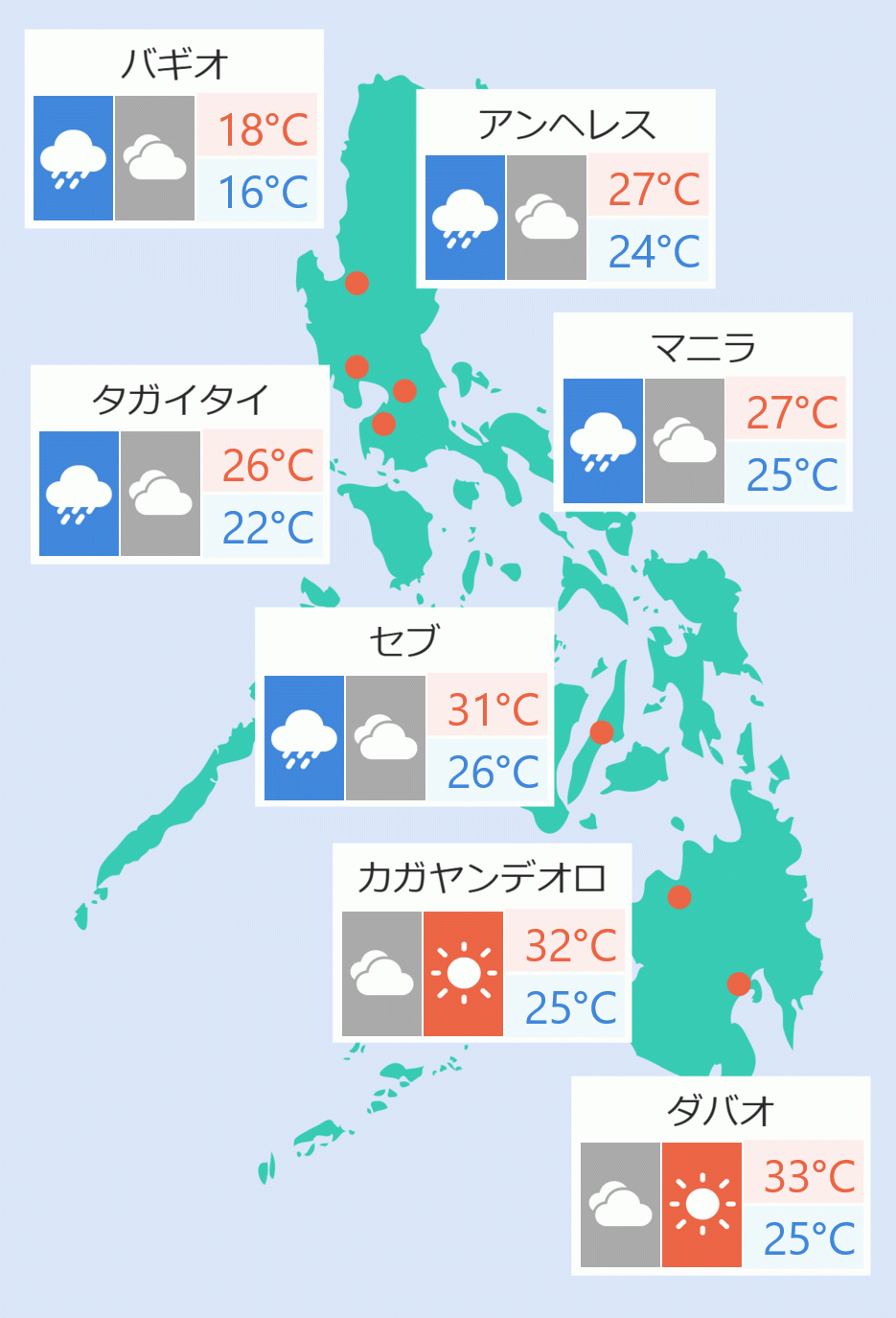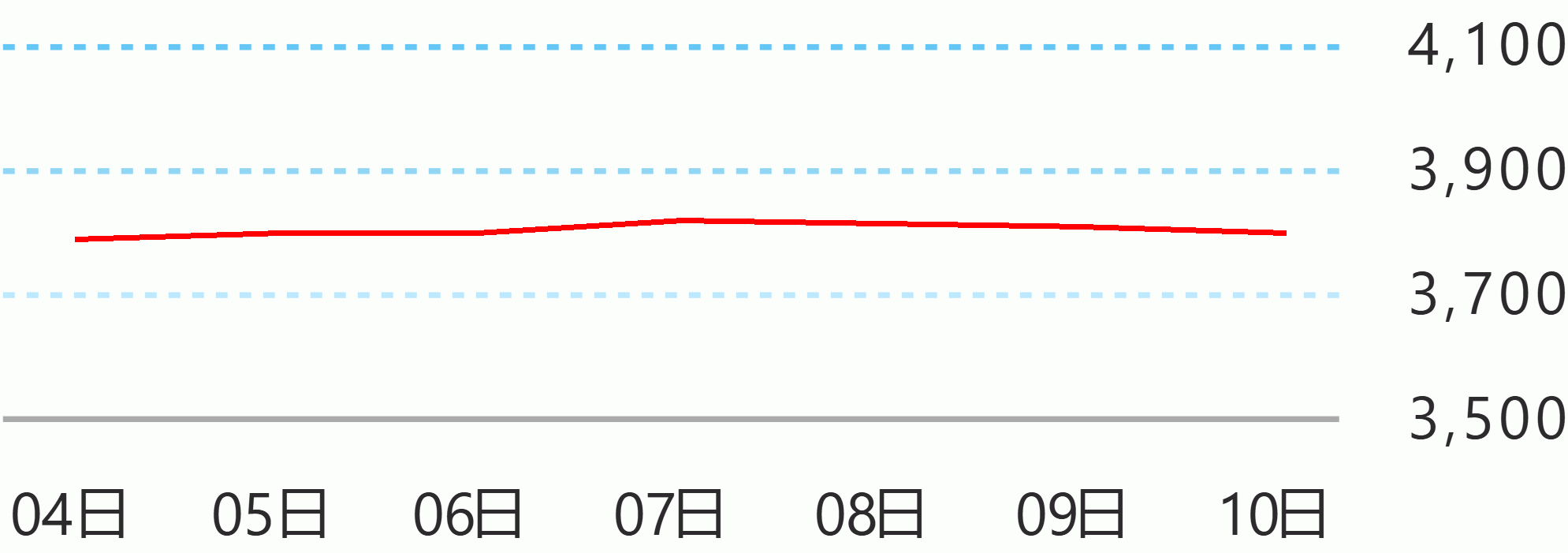The Japanese government views with “serious concern” China’s continued efforts to change the status quo in the South China Sea, Japanese Ambassador to the Philippines Endo Kazuya said at a forum Thursday.
China’s largest Coast Guard vessel, CCG 5901, together with other ships, have been patrolling near Zambales for almost three weeks.
“Japan views with serious concern the continued and intensified attempts to unilaterally change the status quo by force in the South China Sea. Over the past year, we have seen troubling developments, especially with the alarming frequency of harassment by China Coast Guard vessels against Philippine ships. Incidents involving water cannons and collisions far exceed that of previous years,” Endo said.
Endo expressed hope that the trilateral relationship between Japan, the Philippines, and the United States would strengthen under the Trump administration.
“Japan firmly believes that maritime cooperation is not only a necessity but also a source of strength. It is through partnerships based on trust, mutual respect, and shared values, that we create a rules-based order that benefits all,” he said.
“Our efforts have not only strengthened the bilateral partnership between Japan and the Philippines, but also solidified trilateral cooperation with the United States. The strategic ties between our three countries have become indispensable as we navigate the evolving complexities in our region,” he said.
“This trilateral partnership was further solidified during the Japan-Philippines-US leaders online conference last week and the maritime conference held in Tokyo last month. We hope to further strengthen this trilateral cooperation under the new administration in Washington DC,” he added.
“Both Japan and the United States consistently reiterated strong support for the Philippines’ efforts for peaceful resolution of the disputes in the South China Sea consistent with the UNCLOS (United Nations Convention on the Law of the Sea) and the (2016) arbitral award,” he said.
According to Endo, the signing of the Philippine-Japan Reciprocal Access Agreement (RAA) “heralds a new era of defense cooperation”.
“With the Philippines’ geo-strategic location as a gateway to the broader Indo-Pacific, enhancing defense cooperation is a natural step as strategic partners. It is expected with the RAA coming into effect that the scope and scale of training and operational engagement between the Japan Self Defense Forces (JSDF) and the Armed Forces of the Philippines (AFP) will be expanded and upgraded,” he said.
Endo also underscored that Japan supports the security and deterrence capabilities of like-minded countries, including the Philippines.
“Looking ahead, Japan is actively considering the formulation of additional projects for the next fiscal year and beyond,” he said.
In an ambush interview, Endo also lauded the engagement of the US with the Indo-Pacific region when he was asked to comment on the call between Foreign Affairs Secretary Enrique Manalo and US Secretary of State Marcos Rubio.
“I understand that Japan and the Philippines very much welcome the engagement of the United States in this region in a constructive way. So in that sense, I think close communications and Cabinet ministers are very much important for maintaining the close collaborations with the United States. And I hope that we can continue that close communications with the new administration,” Endo said. Jaspearl Tan/DMS





 English
English









